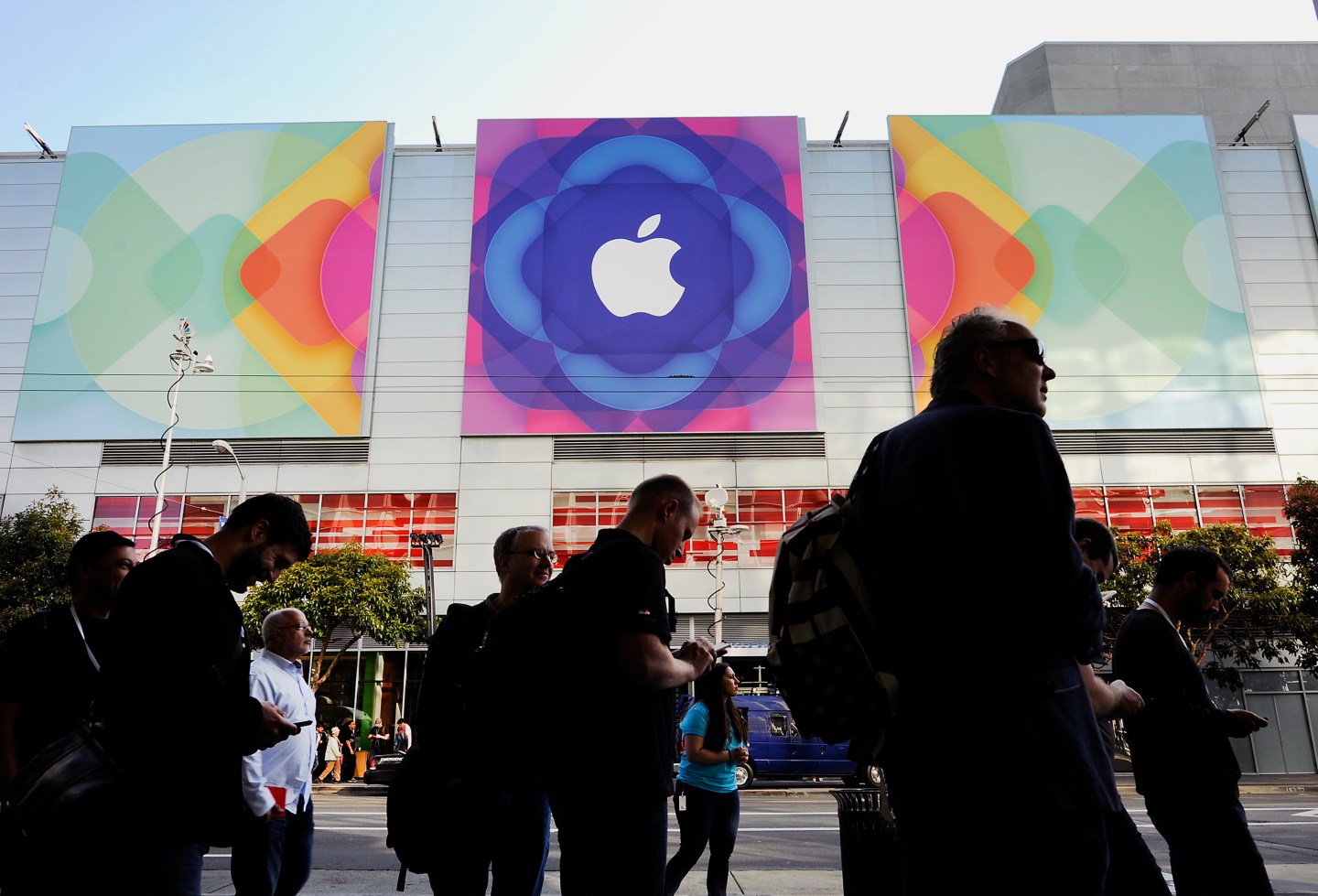State attorneys general in New York and Connecticut are the latest to poke their nose into Apple’s arrangements with record labels, seeking out possible antitrust activities. The whole thing, however, feels less an illegal conspiracy than a stunt cooked up by competitors and politically ambitious regulators.
In case you missed it, news of the two investigations came the same week as the launch of Apple Music, a new service that will let users stream songs for $10 month. The state attorneys general, who say they want to find out if Apple and the record labels are conspiring to squeeze out “freemium” streaming services like Spotify, are following similar inquiries by the FTC and the European Union.
News accounts were quick to note that Apple has been here before, pointing to the company’s role as the mastermind of conspiracy in which publishers fixed the price of ebooks (a judge found Apple liable, but an appeals court is still weighing the verdict).
But despite the ominous headlines and apparent similarities to the ebook affair – such as Apple asking suppliers to change pricing policies at the expense of a rival – any real legal trouble is unlikely.
“If Apple is doing independent agreements, that’s fine. There’s nothing illegal with Apple coming out with a paid subscription service,” said Andre Barlow, an Washington-based attorney who formerly worked on antitrust cases at the Justice Department. “These preliminary investigations are likely the result of competitors’ complaints.”
Barlow added that Apple would only face antitrust trouble if it had tried to create collusion between the record labels or abused dominant market power. Collusion is very unlikely, he said, given that Apple is currently subject to an antitrust monitor and because both the company and the record labels would be wary about improprieties in the wake of the high-profile ebook trial. In other words, Apple and the labels would be crazy to even try something shady in the first place.
As for abuse of market power, Apple’s influence has waned significantly in the music market since its heyday as a digital music selling powerhouse. In the realm of music streaming, Apple will be just one more player in a crowded market that already consists of Spotify, Rdio, Pandora, Tidal, YouTube, Rhapsody SoundCloud, and others. Apple will be hard-pressed to contend in this field, let alone dominate it.
[fortune-brightcove videoid=4283782739001]
The music labels, meanwhile, are free to price as they like. If they don’t like Spotify’s freemium offerings, they don’t have to distribute songs there.
In this context, the alleged antitrust abuse by Apple Music sounds far-fetched, and may be driven by state attorneys general eager to see their name in the news.
When it comes to the law, Apple can rest easy and focus on its new music service’s real problem: whether people have a compelling reason to pay for it in the first place.













